“Emotionally unavailable partners engaging in relationships are nothing short of vampires feeding on the emotions of others. There is nothing sexy or merciful, kind, respectful, or caring to be found in this – none of the characteristics of a healthy and lasting relationship.” – Unknown
Key Points
Emotionally unavailable partners are often incapable of accessing the uncomfortable feelings necessary for insight and empathy in a relationship.
Heightened defense mechanisms and cognitive distortions prevent a partner from looking inward and admitting mistakes.
Resolving conflict requires perspective taking, empathy, and self-awareness—three things an emotionally unavailable partner may lack.
Related: 6 Signs Of Emotional Unavailability
3 Things An Emotionally Unavailable Partner Says
1. “I Don’t Know…”
An emotionally unavailable partner is often “walled off” or detached from the deeper and uncomfortable emotions. He or she has difficulty recognizing, identifying, and discussing a tough feeling. This lack of insight is glaringly apparent in the midst of a conflict.
The ability to understand unpleasant emotions enhances a person’s insight and self-awareness. These introspective capacities help an individual grow and evolve and often prevent him or her from repeating a mistake in a relationship.
When a partner is asked why he or she did something insensitive, unconscientious, or hurtful in the relationship and responds with, “I don’t know,” it may indicate he or she is incapable of recognizing and discussing important feelings.
The exception to the “I don’t know” stance is a partner’s tendency to use a past hardship to excuse wrongdoing. Instead of looking inward and attempting to understand the emotional contributions to a misstep, often an emotionally unintelligent individual utilizes a past difficulty to elicit sympathy and escape “hot water.”
For example, Lisa calls Tom’s boss without his permission to discuss Tom’s insecurity about speaking at a company event. Tom is blindsided in a meeting when his boss jokes about it and references the conversation with Lisa. Shocked and flustered, Tom arrives home and gently confronts Lisa.
Lisa is indignant that Tom is upset and responds angrily, “I was trying to help, Tom.”
Tom asserts himself again and asks why she failed to discuss her thoughts with him before calling his boss.
Lisa’s anger intensifies, and she yells, “I don’t know, Tom! I was trying to help! I don’t know!”
The discussion is unproductive and escalates, so Tom excuses himself and goes for a walk. When he returns, Lisa is in the kitchen. Instead of communicating an awareness of how she hurt Tom, she says, “I had a bad day, Tom. This is the last thing I want to deal with. I was trying to do something nice for you. I guess you just don’t appreciate it.”
Tom is baffled. Lisa lacks the ability to consider the impact of her behavior, refuses to talk about the thought process leading to her misjudgment, and blames it on an unpleasant day. Her deficits in accountability and insight incorrectly convince Tom he is at fault for bringing up an issue in an attempt to understand and prevent it from happening again. Now, Tom is doubly hurt and confused.
Owning a mistake in a relationship and communicating an understanding of how it impacts a loved one is emotionally intelligent. A person who’s unable to self-reflect, truly understand a partner’s perspective and discuss the deeper feelings leading to an insensitive action may routinely repeat, “I don’t know,” when asked to look inward and discuss a feeling.
Issues are rarely resolved in a healthy manner because the emotionally unavailable partner is unyieldingly defensive.
2. “I Didn’t Do That…”
Due to an emotionally inept individual’s need to protect a profoundly fragile ego, he or she operates with multiple unconscious and inflated defense mechanisms.
Deflection allows a person to automatically expel “threatening” data. Denying wrongdoing is common because a person unconsciously changes the scenario in his or her mind. Extreme cognitive distortions also referred to as errors in thinking, then allow an individual to rewrite history and position himself or herself as the victim or the hero.
In the example above, Lisa acts disrespectfully. She humiliates her husband and refuses to view her actions as hurtful. She says the phone call is an attempt to help, but, in reality, it may represent Lisa’s need to be the hero in the relationship.
As she is pressed, she flips to a victim stance and continues to evade sincere accountability by blaming her actions on a bad day.
Hero/victim distortions create an alternate reality in which a partner is constantly “innocent” and “honorable” despite his or her manipulative and unkind behaviors. The need to constantly be the savior in a relationship is a way for an emotionally immature person to feel powerful.
Yet, gaining power in this self-serving manner disempowers a loved one. In many instances, the emotionally intelligent partner stuck in this dynamic experiences intense self-doubt because his or her reality is continually challenged and juxtaposed against distortions.

3. “You Are The One Who…”
During a confrontation, it is common for an emotionally deficient partner to redirect the blame onto the person who is bringing up an issue. Ignoring the problem at hand and unfairly blaming the other person for anything and everything that comes to mind is a convenient way to avoid accountability.
“You are the one that is selfish! Remember when you ignored me on Wednesday when I needed you?! What was that? Explain that?”
Unfairly assigning blame, or gaslighting, is often an effective diversion because the person who is attacked is shocked and hurt at the unfair accusations. It’s nearly impossible to maintain composure in the face of character assassination, and frequently a person’s first impulse is to defend himself or herself.
The emotionally unavailable partner successfully shifts both the blame and the discussion away from himself or herself.
Related: 10 Tips To Spot Emotional Unavailability: Before You Get Hooked
A robustly defensive partner may be emotionally stunted and out of touch with the capacities necessary to resolve conflict: empathy, insight, open-mindedness, and accountability. Understanding the manipulations which transpire during a conflict may help an emotionally intelligent person navigate the dysfunctional dynamic and preserve his or her own mental health.
Written By Erin Leonard Originally Appeared On Psychology Today

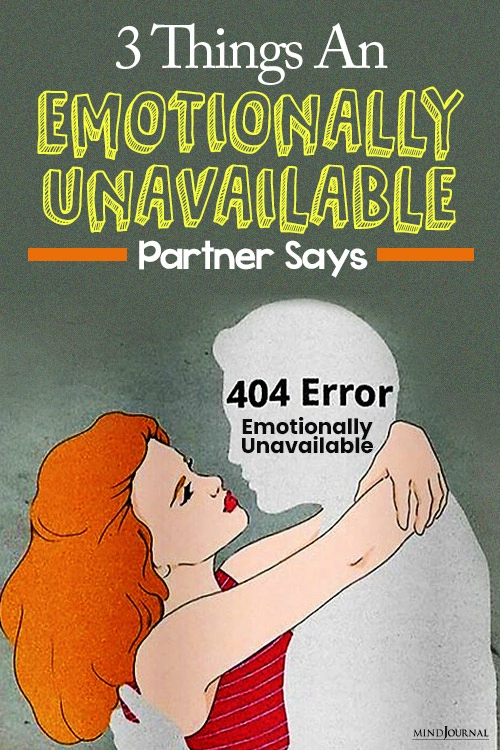
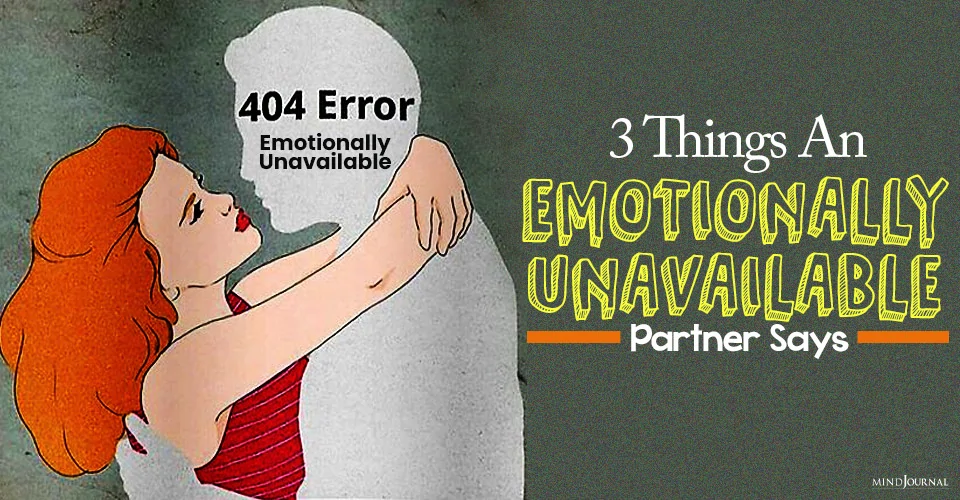








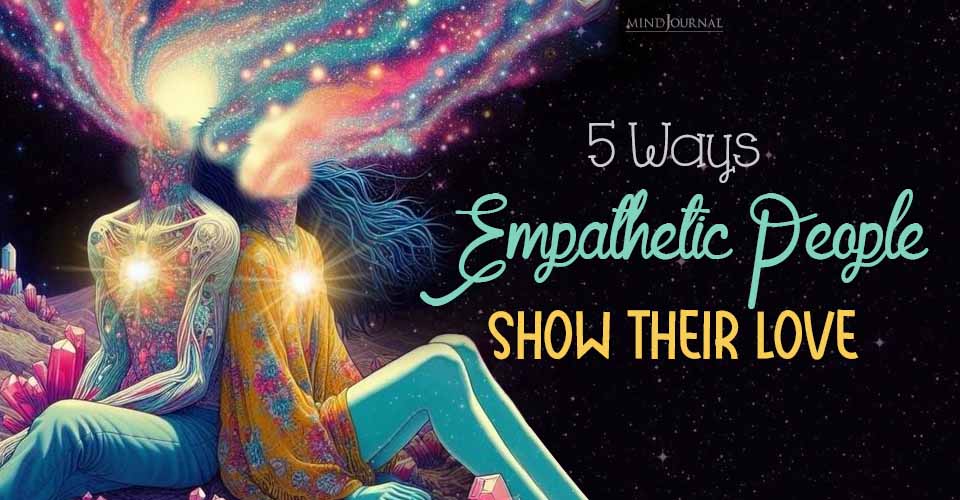
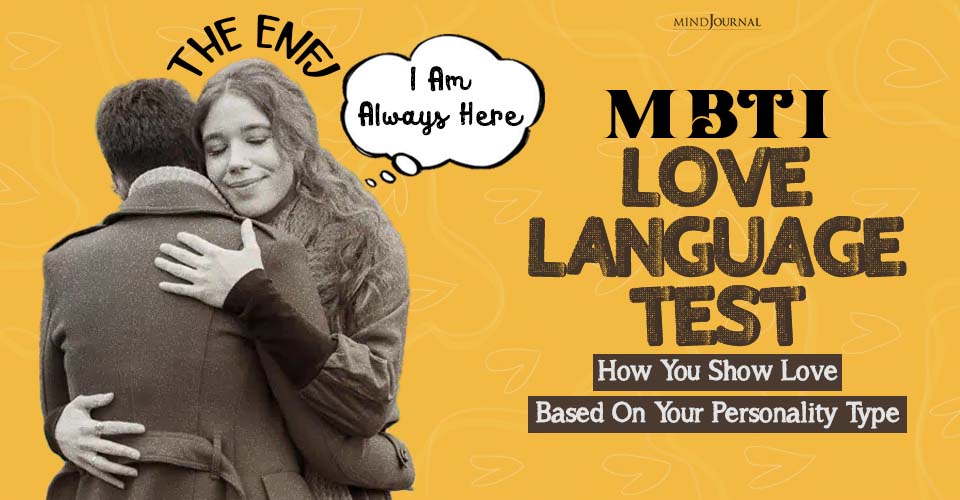
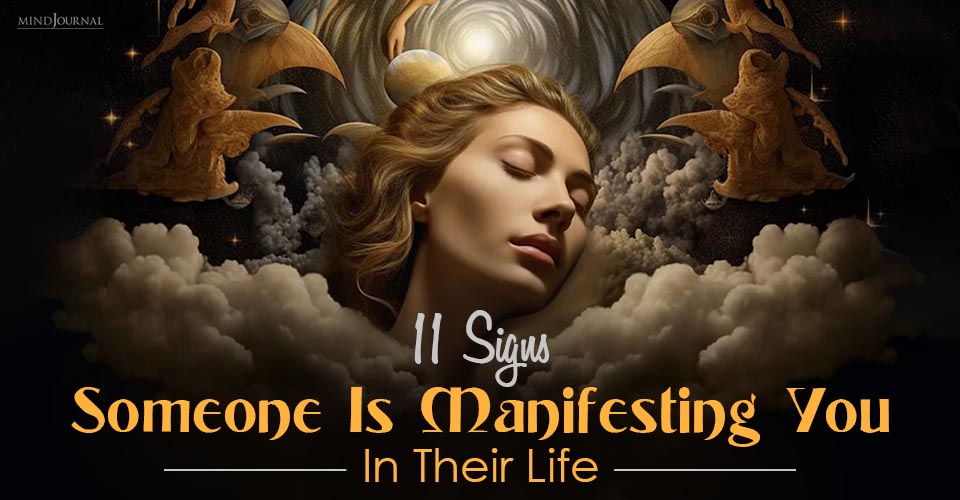

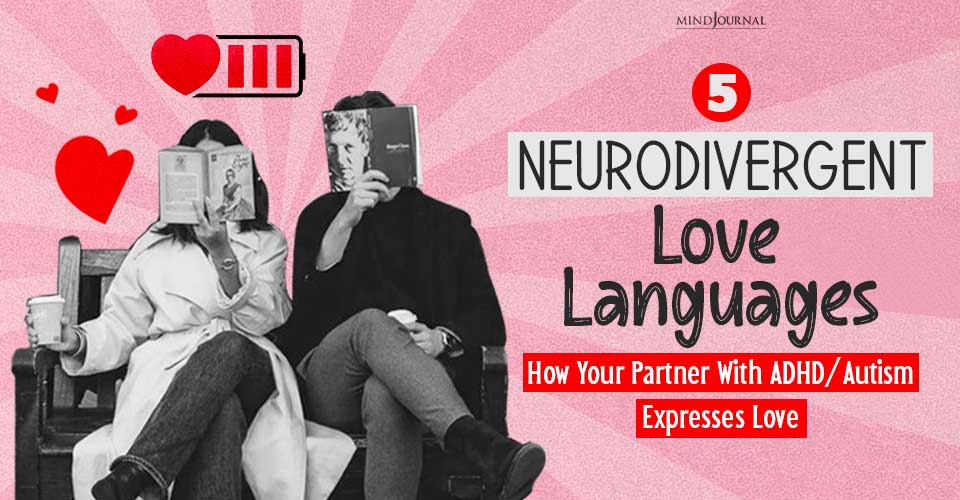
Leave a Reply
You must be logged in to post a comment.